Drinking Water Knowledge|Harmful effects of residual chlorine in tap water
I don't know if you have this experience, sometimes as soon as you turn on the faucet, you can smell a pungent bleach odor. In fact, this is the tap water disinfection with residual chlorine in the matter.
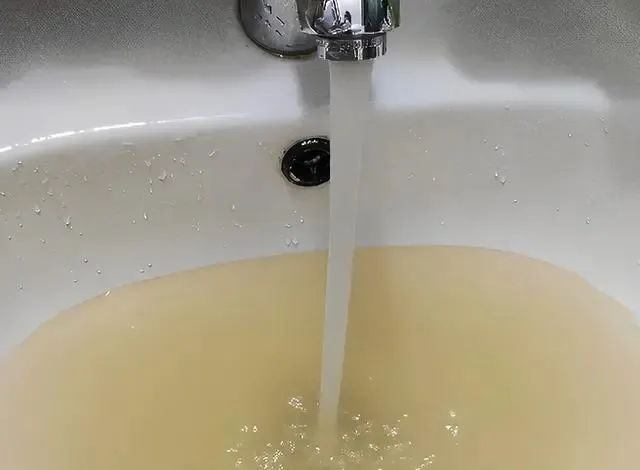
Tap water from the factory to the public's home, the middle to go through a long municipal pipe network, community pipe network, high-level tanks and many other links, must come with a certain concentration of residual chlorine in the water to “deter” bacteria and germs. Residual chlorine is not 0 is good, the current national standard is the end of the pipe network water residual chlorine content of ≥ 0.05mg / L.
But the residual chlorine in the water is not only disinfectant, human cells are also harmful, chlorine-containing water is easy to generate chlorine after boiling, trichloromethane, trichloromethane is the world's recognized as a strong carcinogen. Chlorine also destroys vitamins, minerals and other nutrients in vegetables, fruits and grains, seriously affecting the body's absorption of nutrients ......
Tap water containing residual chlorine boiled and drank, more unsafe; either choose chronic poisoning, or acute poisoning!
First, what is residual chlorine?
It refers to the chlorine into the water, in addition to the water with bacteria, microorganisms, organic matter, inorganic matter and other roles in the consumption of a portion of the amount of chlorine, but also a portion of the amount of chlorine left, this part of the amount of chlorine is called residual chlorine. From the definition, residual chlorine is actually the tap water disinfected with chlorine chlorine disinfectant residual oxidizing chlorine, used to inhibit the tap water in the transmission process of microbial growth. From the water plant to the user's faucet requires a long time of pipeline transportation, in order to ensure the microbiological safety of water quality, to retain the appropriate amount of residual chlorine in the water is the most economical and practical method.
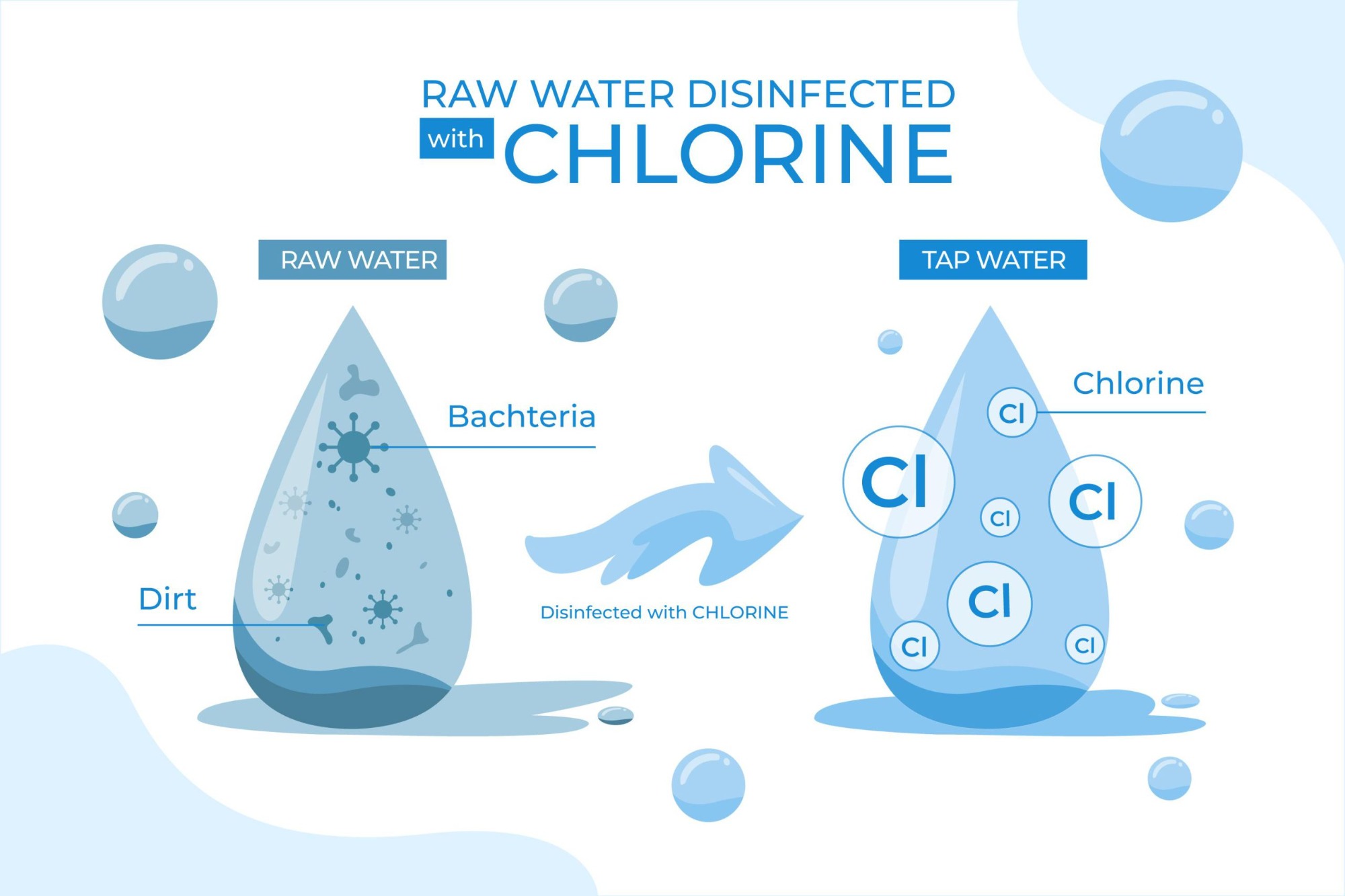
Second, the residual chlorine in the water exceeds the standard on the potential harm to the human body
1, why add chlorine in the tap water?
Tap water should be a sanitary and safe drinking water, but due to environmental pollution, resulting in a large number of bacteria and other harmful substances in the water, in order to inhibit and kill bacteria in the water, chlorine added in the process of water treatment.
In order to ensure that the tap water meets the safety and health requirements, to avoid the occurrence of water-borne infectious diseases, tap water in the water purification process to add disinfectants, inactivate disease-causing microorganisms in the water. Chlorine is widely used in the domestic water treatment industry because it is cost-effective.
Residual chlorine, as an effective means of sterilization and disinfection, is still used by more than 80% of the world's waterworks. Therefore, a certain amount of residual chlorine must be maintained in municipal tap water to ensure the safety of microbiological indicators of drinking water.
2, the residual chlorine on the excessive human body what is the harm?
Chlorine in tap water after heating will produce carcinogenic substances: trihalomethanes, carbon tetrachloride, chloroform. Clinical manifestations of poisoning: acute poisoning. Mild poisoning, the patient appeared dizziness, headache, nausea, chest tightness, drowsiness, hobbling gait, etc.; severe poisoning, confusion, or lethargy, or even coma, convulsions, the more serious will cause death.
Chronic poisoning is mainly manifested as neurasthenia syndrome, liver damage, digestive dysfunction, limb osteolysis, skin damage and so on.
Nervous system: manifestations of vertigo, headache, fatigue, insomnia or drowsiness, dreamy, easy to wake up, memory loss, irritability and so on. Sometimes presenting with a feeling of heaviness in the head, disorientation, change in temperament, soreness of the limbs, sweaty palms, tremor of the fingers, tongue and eyelids.
Digestive system: loss of appetite, nausea, eructation, bloating, constipation, etc. Hepatomegaly, abnormal liver function.
Skin changes: there are dry, cracked skin, pimples, acne, or changes such as keratinization of the palms and thinning of the nails.
Osteolysis of extremities: It is common in kettle cleaners made of polyvinyl chloride. It manifests as numbness of the fingers and a tingling or aching sensation in the fingertips. Hand radiographs show a semilunar defect at the edge of one or more rudiments of the terminal phalanges, or even osteolytic defects in the diaphysis. Sometimes the knuckles are misaligned. Carcinogenic: Vinyl chloride causes hepatic hemangiosarcoma which has been listed as a national legal occupational disease. This product is carcinogenic and can cause hepatic hemangiosarcoma.
Numerous studies have concluded that excessive chlorination of drinking water is associated with an increase in cancer. Some studies have pointed out that people who have been drinking tap water with excessive chlorination for a long period of time have a higher incidence of bladder cancer, stomach cancer, colon cancer, and rectal cancer than the control population.
Joseph Price, M.D., in Coronary Thrombosis, Cholesterol, Chlorine: “Chlorine in tap water is the underlying cause of atherosclerosis and heart failure and most common sudden-onset diseases.”
And even more serious than the chlorine residual itself are the disinfection by-products
The combination of various organics left in the water and the chlorine disinfectant produces halogenated compounds, many of which have been identified as cancer triggers, chief among them volatile trihalomethanes and non-volatile haloacetic acids.
Residual chlorine is chronic and potentially harmful to the human body, and it is almost impossible for people to detect it in time.
The International Agency for Research on Cancer (IARC) classifies chlorine as “Group III” in its “Classification of Carcinogenicity”, the same level as caffeine, meaning that "there is insufficient information to determine whether the substance is a human carcinogen. ".
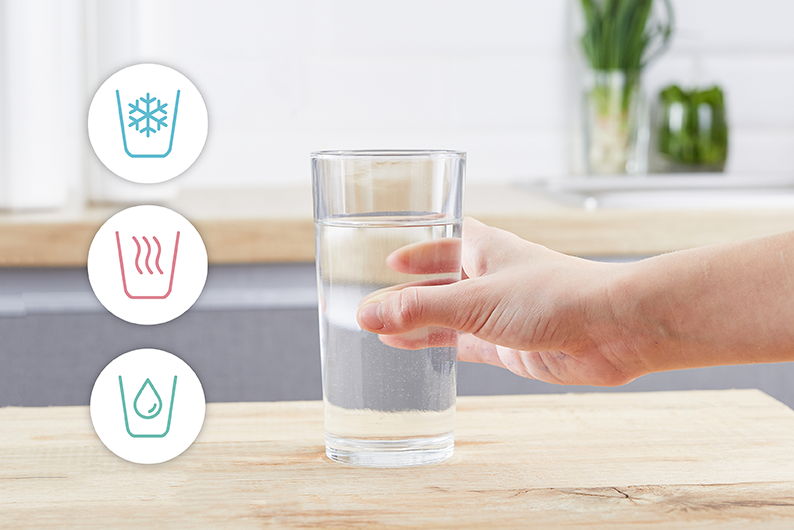
The WHO (World Health Organization) standard for residual chlorine in tap water is 5 milligrams per liter. According to China's national standard on tap water, “drinking water health standards”, the residual chlorine content in tap water is much lower than 5 milligrams per liter.
Water expert Wang Zhansheng pointed out: tap water safety standards are based on statistical data, is a safe basic guarantee line; tap water standard is to take care of the actual water quality of China's vast geographic area and set up, is the most basic safety line, the image of tap water qualified standard is equivalent to the examination of the 60 points, just a passing line.
Therefore, the family usually use water, if you smell the obvious odor, may wish to pick up the water, stand for a while, so that the residual chlorine volatilization off before use. Do not underestimate these small details, our water health can be hidden in these little by little. Concerned about the health of water, from now on! 3. Why is boiling tap water more harmful? Tap water to be boiled, chlorine and organic decay in the water after heat to produce trihalomethanes and other carcinogens, trichloromethane will be 3-4 times more than the tap water, if the residual chlorine can not be removed, we drink every day of coffee, tea, or soup after heating and boiling to drink, our body that is an increase of 3-4 times the carcinogens. For you and your family's physical and mental health, Susan recommends choosing safe and hygienic packaged drinking water products or terminal water purification equipment that can remove residual chlorine!
If you have a higher demand for health, or are in a critical period of health, or belong to the susceptible (sensitive) people, drinking natural health water than the tap water is a higher standard is also a wise choice. Concerned about water pollution, promote water health, for the health of your family, your home really should install a water purifier. Choose Purithm water purification service, let the whole family drink with peace of mind, comfortable to use.
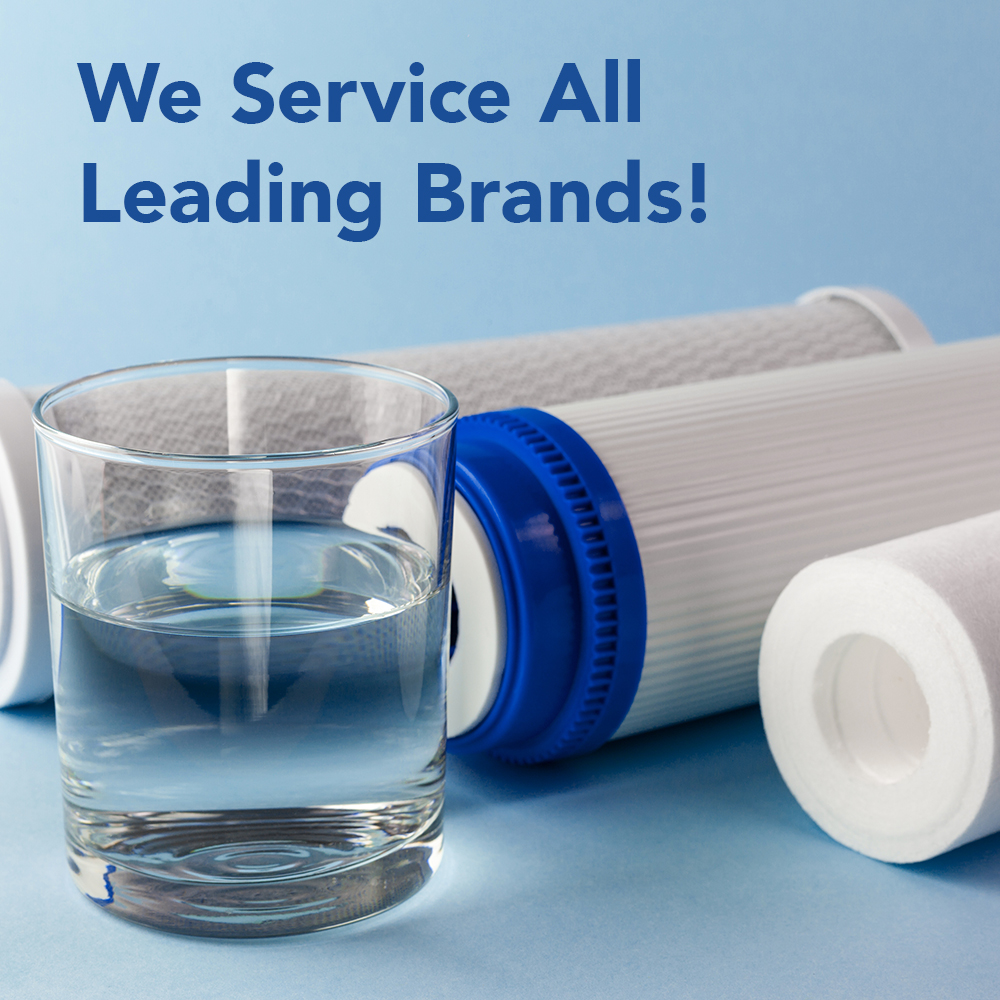
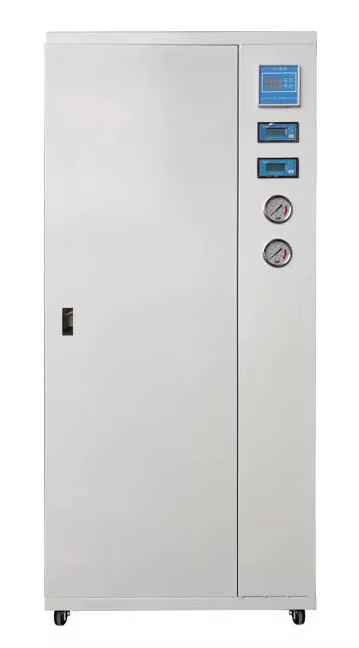 Analysis of the Structure and Working Principle of Ultrapure Water Equipment
Analysis of the Structure and Working Principle of Ultrapure Water Equipment
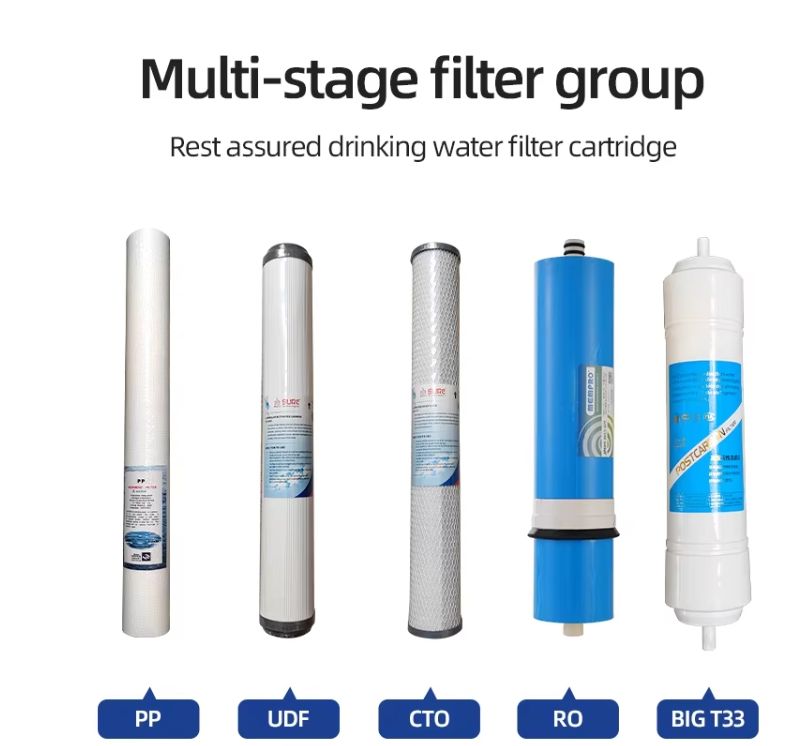 Tips for Using Home Water Purifier Filter Cartridges
Tips for Using Home Water Purifier Filter Cartridges
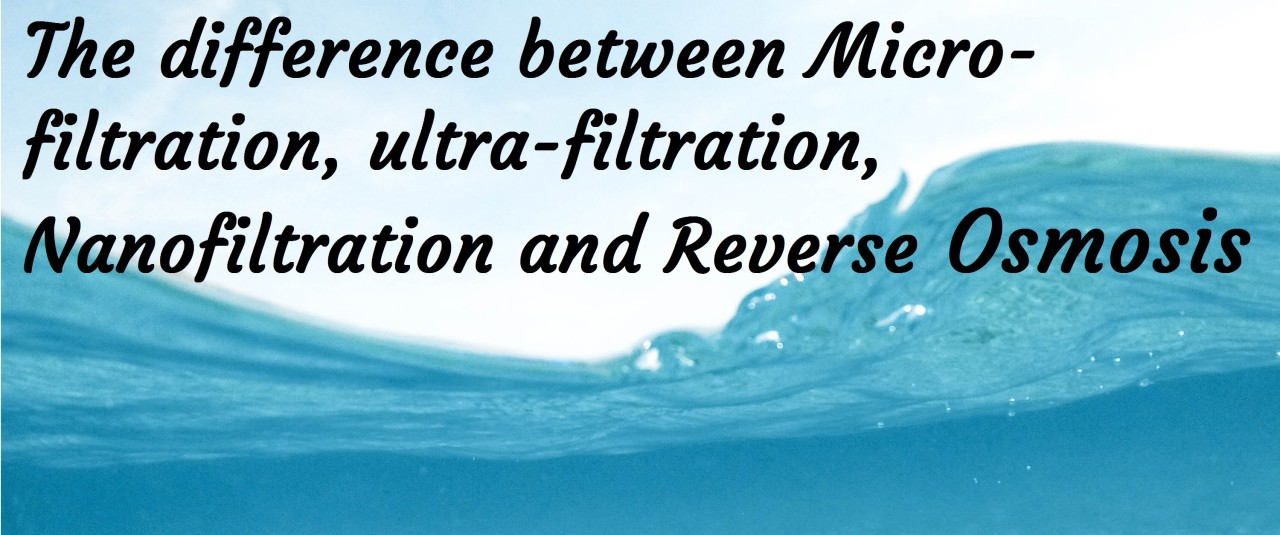 The Battle of Four Membranes: Microfiltration, Ultrafiltration, Nanofiltration, Reverse Osmosis—Which Reigns Supreme in Water Purification?
The Battle of Four Membranes: Microfiltration, Ultrafiltration, Nanofiltration, Reverse Osmosis—Which Reigns Supreme in Water Purification?
 Don't Pay for Stupidity! The Ultimate 2026 Water Purifier Guide: Selection, Pitfalls, and Maintenance All in One Article
Don't Pay for Stupidity! The Ultimate 2026 Water Purifier Guide: Selection, Pitfalls, and Maintenance All in One Article